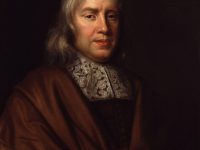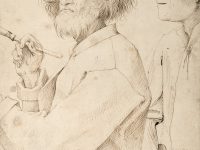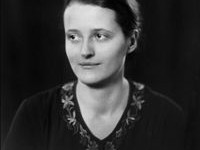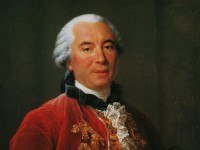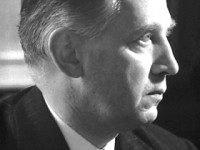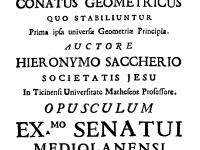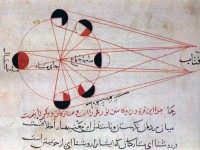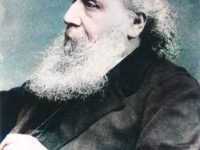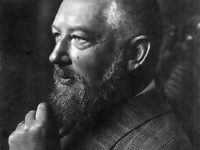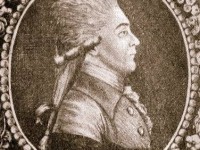Thomas Sydenham – the English Hipocrates
On September 10, 1624, English physician Thomas Sydenham was born. He was the author of Observationes Medicae which became a standard textbook of medicine for two centuries so that he became known as ‘The English Hippocrates’. Among his many achievements was the discovery of a disease, Sydenham’s Chorea, also known as St Vitus Dance. Thomas Sydenham’s struggles with the medical degree Thomas Sydenham was born at Wynford Eagle in Dorset, the son…
Read more

